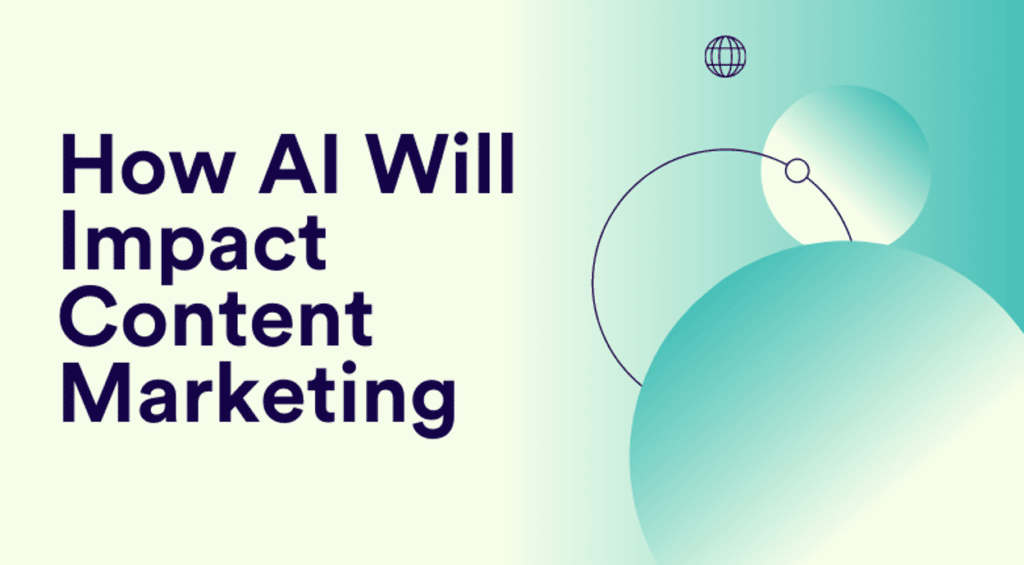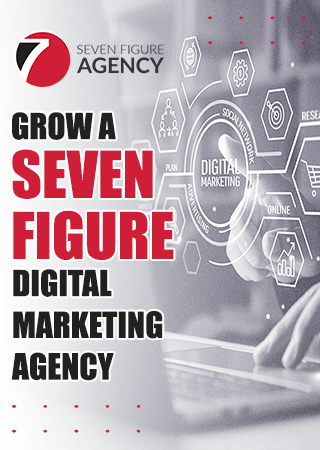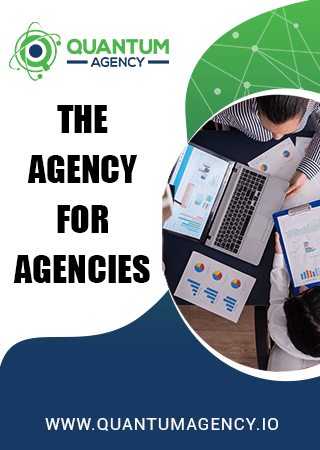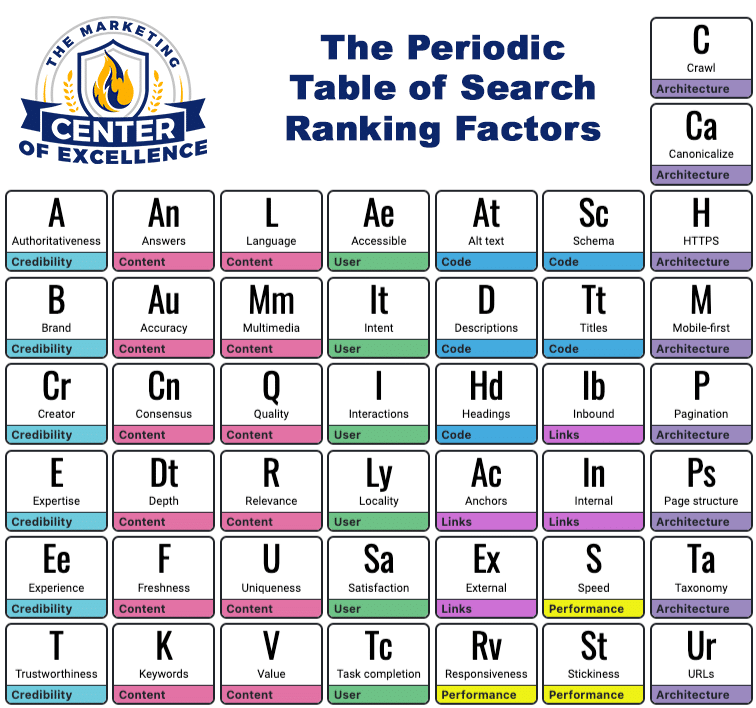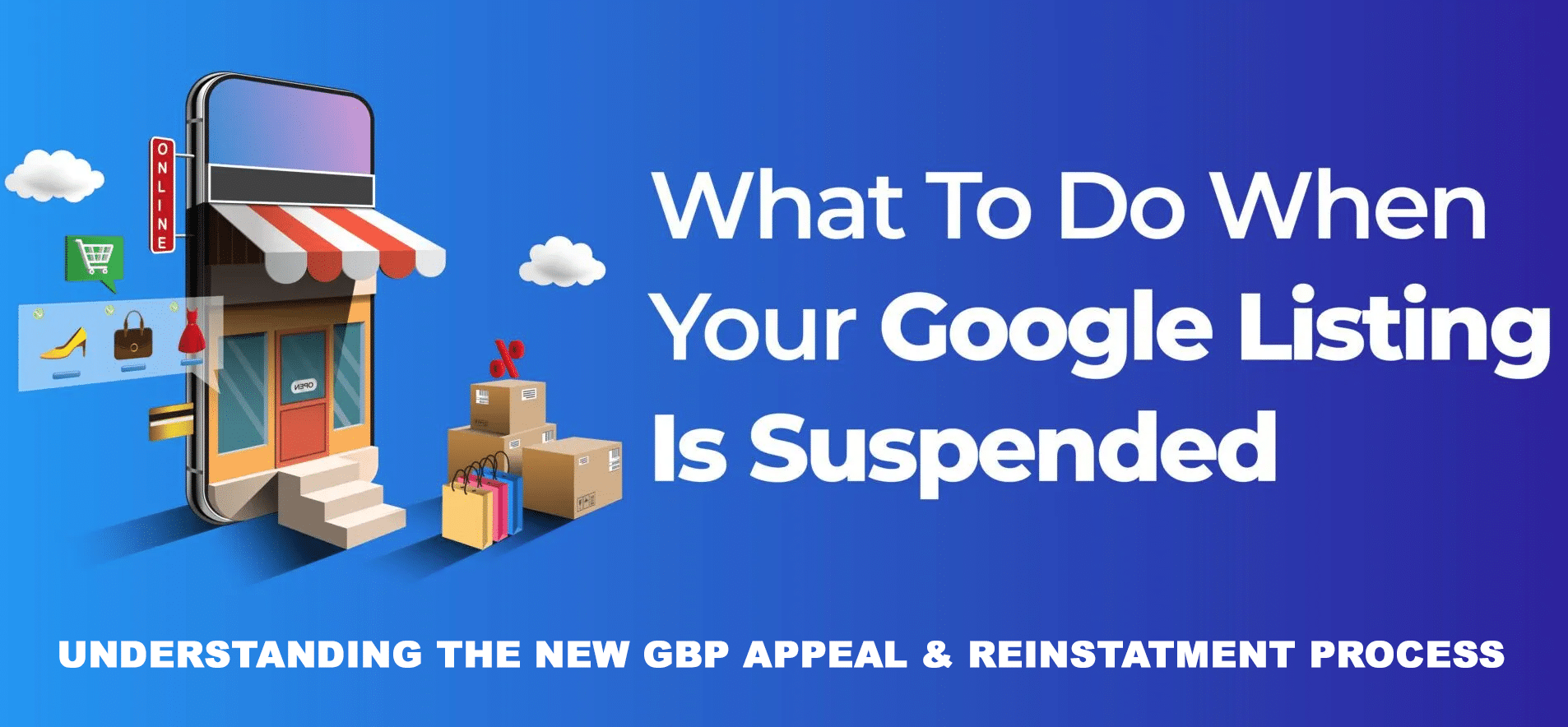Digital Marketing, backed by technological breakthroughs, has come a long way in changing the world around us. As a result, artificial technology, machine learning, and automation are at the heart of every business across industries.
And the world of marketing is no exception. AI and ML are crucial in helping brand managers make strategic decisions. Artificial Intelligence opened the portal to many applications – from content creation to sentiment analysis.
The marketing industry has welcomed Artificial Intelligence with open arms. According to a study conducted by Salesforce, 8 in 10 digital marketers are deploying AI and Machine Learning-enabled solutions for their marketing endeavours.
One of the quotes that will always stand true about marketing is “Content is King.” A brand’s message to its audience determines a marketing campaign’s success. Words significantly impact people and help marketers translate a brand’s philosophy into the language a customer understands. Besides building credibility and creating transparency, an effective content marketing strategy influences purchase decisions.
The marketing landscape has become significantly agile given the ever-evolving technology and trends. Consequently, marketing channels are swarming with content pieces more than ever, and brands find it difficult to churn out quality content.
Marketing Automation has taken over content creation and timely distribution to drive results efficiently. AI can help brand managers ideate for content by easing the processes such as content creation, dissemination and performance analysis.
1. Identification:
Content Automation gives marketers a head start in creating a content strategy. It underlines where the interest of consumers lies and whether the existing content is addressing their queries. Power tools like Google Search Console can quickly determine relevant topics to build communication further.
Inventing relatable topics could be tiring initially; however, an NLP (Natural Language Processing) technique could help marketers find relevant keywords and how often they are used together.
Moreover, with the help of AI-driven custom feed algorithms, marketers can track and analyze what the users like. This can further help marketers build similar content in different formats such as news, blogs and others to gain more engagement. This is how social media channels such as Instagram show you the type of content that interests you based on your likes.
AI also help marketers leverage predictive analytics used to profile a consumer’s behaviour based on their interactions on social media. Predictive analytics has been assisting strategists and content creators create content-led strategies to provide relevant content to consumers across all touchpoints.
2. Creation:
The use cases of NLP and Natural Language Generation technologies do not end at identifying potential topics. Marketers are tapping on content creation bots to create content faster. However, bots are handicapped by emotions and might fail at creating content that hooks the audience.
Artificial Intelligence takes content research and development a notch higher with its swiftness in analyzing data. This helps content creators to generate trending content based on concrete numbers and insights.
AI and ML are advancing every minute and getting better at pulling data. AI allows marketers easily access market insights using Google trends and analytics. In addition, it also suggests content ideas that marry well with the trends in the market. Finally, AI recommends effective SEO strategies to enhance the overall user experience.
3. Quality Assurance:
We all know Grammarly and what it does. The software is the perfect example of the use of Artificial Intelligence in vetting content written by a human to deliver error-free content pieces. From grammatical errors to writing concisely, applications like Grammarly and Hemingway Editor can undoubtedly add more value to your content.
4. Personalizing:
Everyone is looking for a personalized experience in today's changing digital environment. Artificial Intelligence is adept at keeping note of your audiences’ behaviour and likes regarding content consumption. These valuable insights help marketers create unique and personalized content experiences for their potential customers.
Another example is using chatbots on websites, addressing the consumers’ queries. With the help of Artificial Intelligence, Facebook Messenger has now evolved to talk the talk and even create a unique experience for the consumer to feel they are having a real conversation with a human being.
5. Adapting:
Change is the only constant, and content must keep changing with the latest trends and happenings. Each content piece has a limited shelf-life, and after that, it loses its value. Updating the content regularly could cost a lot of time and other resources. Hence, it is better to auto-update the content. Several applications available in the market ensure the right content is delivered to the right audience in the correct format to enhance the overall experience.
Content automation does not mean putting everything on auto-pilot. On the contrary, marketing is at its best when it has the emotional quotient intact. Therefore, marketers should include content automation to augment their content strategy with volume while governing content quality.


